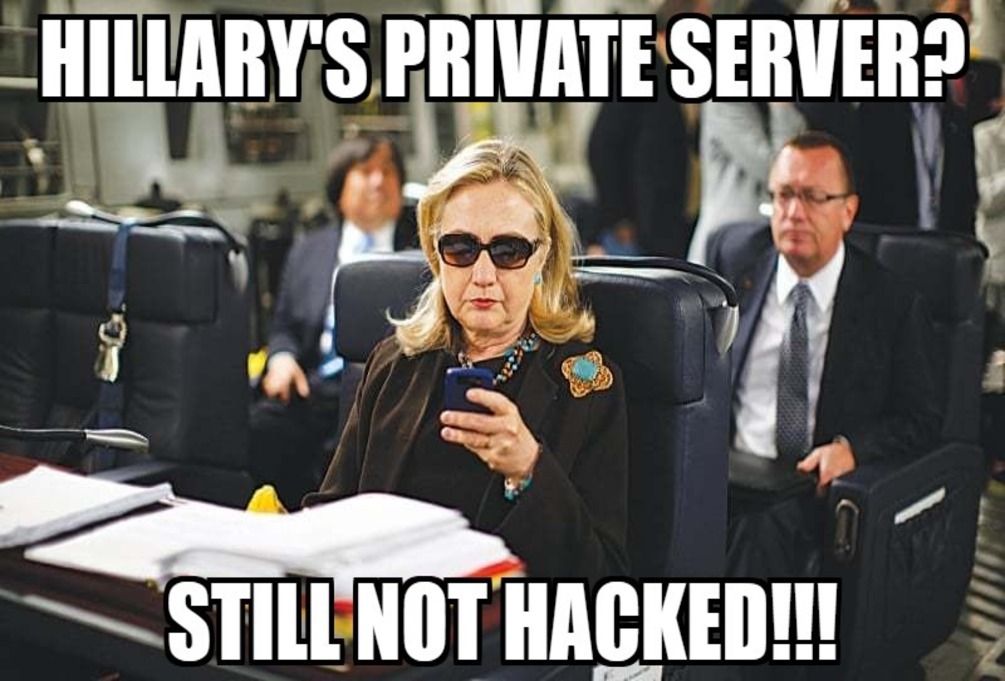
During the 2016 Presidential election, the media and Congress were obsessed with Hillary Clinton’s email server. Congressional hearings proclaimed that national security was threatened and that hostile foreign governments gained access to the nation’s secrets, all because Hillary Clinton’s server lacked any security safeguards. After the constant attention of politicians and the media, the public became convinced she had broken the law and exposed the nation’s secrets to our enemies.

Hillary Clinton’s Chappaqua, New York home
Hillary Clinton’s private server in her Chappaqua, New York garage was legal. However, there was ambiguity over whether it violated State Department record-keeping rules. The ambiguity existed because as the Chief Executive of the State Department, Hillary Clinton had the authority to amend or grant exceptions to those rules. A clear violation of the law would be Hillary Clinton’s private server transmitting information she knew at the time to be classified.
To be in compliance with the law, Hillary Clinton established office procedures that banned transmitting any classified information to her private unclassified server. The State Department, like the Justice Department, uses two separate communication systems—one classified, the other unclassified—making it impossible to electronically pass information between the two.
Emails on hard drive destroyed by BleachBit
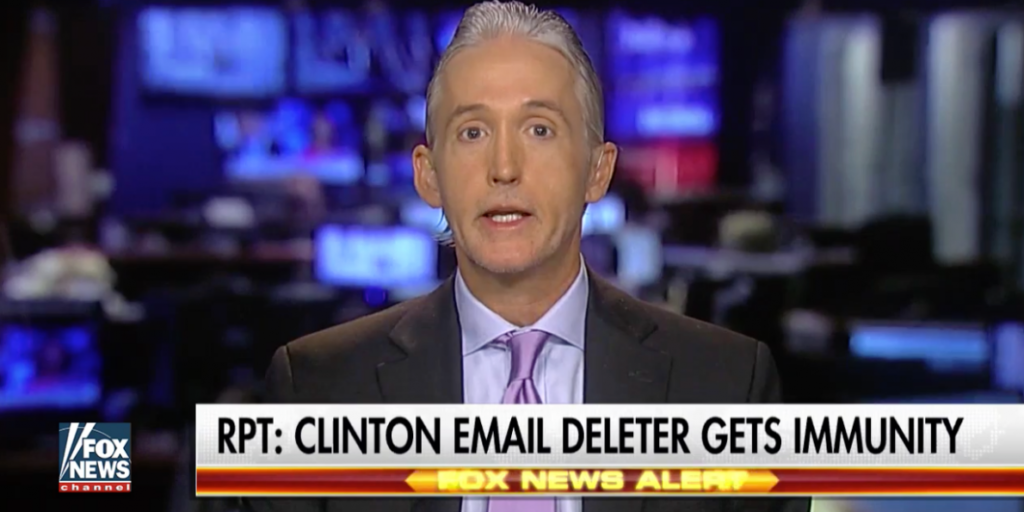
Congressman Trey Gowdy Chairman of Committee investigating Bengahazi
Since 2015, several Congressional oversight committees have investigated the legality of Hillary Clinton’s private server and spent millions of taxpayer dollars doing so. They have all come to the same conclusion that record-keeping rules were violated, but no classified information was compromised. Thanks to Trey Gowdy, Chairman of the Benghazi Select Oversight Committee, we discovered that Secretary Clinton took extra steps to scrub a discarded old server of all its data. She used BleachBit, a computer software that prevents the recovery of files from a hard drive. Congressman Gowdy said this was proof that she was hiding something, but one could also conclude that she was preventing public exposure of sensitive data.
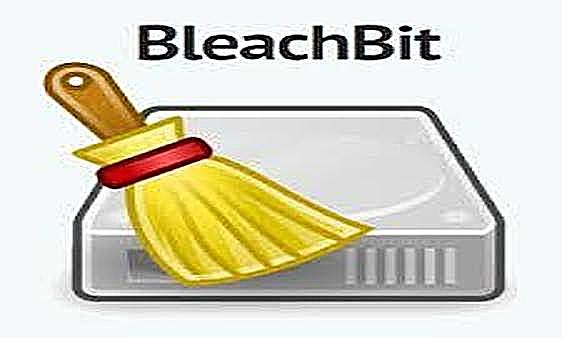
Hillary Clinton’s critics have posed an interesting dichotomy. On one hand, she’s the world’s most secretive person, revealing nothing to anyone. On the other hand, she recklessly revealed the nation’s secrets. Detractors like Congressman Jason Chaffetz say that regardless of whether a
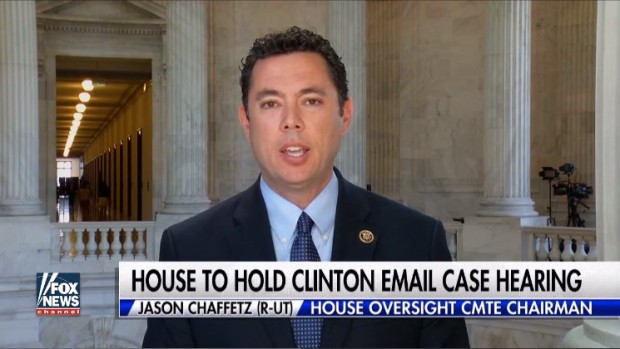
Congressman Jason Chaffetz
security breach occurred or not, her actions were criminal because she put the nation’s security at risk by having the data in such an easily accessible place.
Hacking of Bill Clinton emails
Many of Hillary Clinton’s emails exist, but none came from her notorious server. No Bill Clinton emails or documents have been leaked—they are located on the same private server which the two share. I reference Bill Clinton because there were multiple attempts to hack the Clinton server. Considering the leak pattern of sparing no Clinton staffer, friend or associate, it’s a safe bet that if Hillary Clinton’s private server had been successfully hacked we would have seen numerous Bill Clinton communications. This is the proof that FBI officials say is missing to conclude there was no successful penetration to the hard drive of Hillary Clinton’s private server.
FBI Director James Comey stated that Hillary Clinton’s use of a private server was not criminal but was “extremely careless,” because it didn’t even provide the basic security found at a public email service such as Yahoo, AOL or Google. Director Comey also stated clearly that there was no indication of a successful hack. He said that Hillary did the equivalent of leaving home without locking the door, making it possible for someone to come into the house without having to break in and therefore leaving no evidence of the crime.
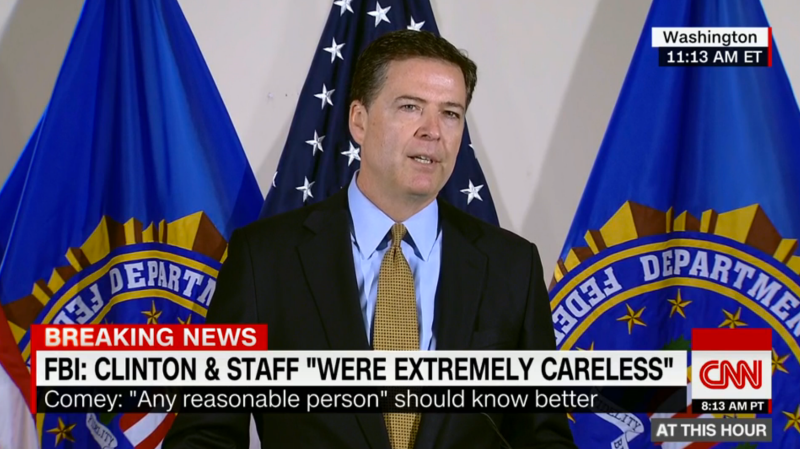
FBI Director James Comey
In other words, there’s no way to know for sure. What’s now known for sure is that the email system Director Comey suggested Hillary use to safeguard the nation’s security—the United States State Department email system—was hacked. Yahoo and AOL were hacked.
24/7 security bubble
Claims of elitism and detachment from average citizens are not new to the Clintons, but one taxpayer-funded form of detachment is real. It’s the 24/7 Secret Service security bubble that they live in and will live in for the rest of their lives.
If you or I were to take a seat on the front lawn of Bill and Hillary Clinton’s home, within five to seven minutes a person with a cord dangling from their earpiece would appear and ask, “Can I be of assistance?” When we replied that we were simply sitting down to take a rest, they would direct us to the nearest park bench or arrest us if we didn’t leave.
Living in this bubble, it’s not a stretch for Hillary to have thought, when advised by Colin Powell to use private email for personal business, “Hey, I already have the best of both worlds. A private server in a home guarded by the United States Secret Service.”

(Photo by Justin Sullivan/Getty Images)
The Secret Service mission to protect the Clintons is not limited to preventing illegal physical intrusion into their brick and mortar home, but also preventing illegal electronic intrusions into their cyber home. I would not be surprised to learn that Hillary Clinton’s private server in her garage, is sitting next to the Secret Service computer server used to provide that 24/7 security to the Clintons.
100% success at blocking hack attacks
It’s conceivable that after years of government service, Hillary Clinton instinctively knew that State Department bureaucracy was vulnerable and subject to hundreds of daily cyber-attacks. Maybe the Secret Service advised that her private server being isolated off the main grid made it safer, thereby making her email system more secure.
There was a 100% success rate in fending off all hack attacks to Hillary Clinton’s private server. Unfortunately, according to the FBI, no Federal agency can make the same claim. To the contrary, there seems to be a 100% success rate in hacking into our Federal government.
We should make Congress, the Senate and all media stop concentrating on scoring political points and driving up ratings for their profit at our expense. Our safety depends on attention being paid to the many authentic hack invasions occurring as we speak, not fake ones made up for political expedience or sensational headlines. Maybe the Feds should seek advice from Hillary since her server, unlike government servers, is both secure and hack-free!

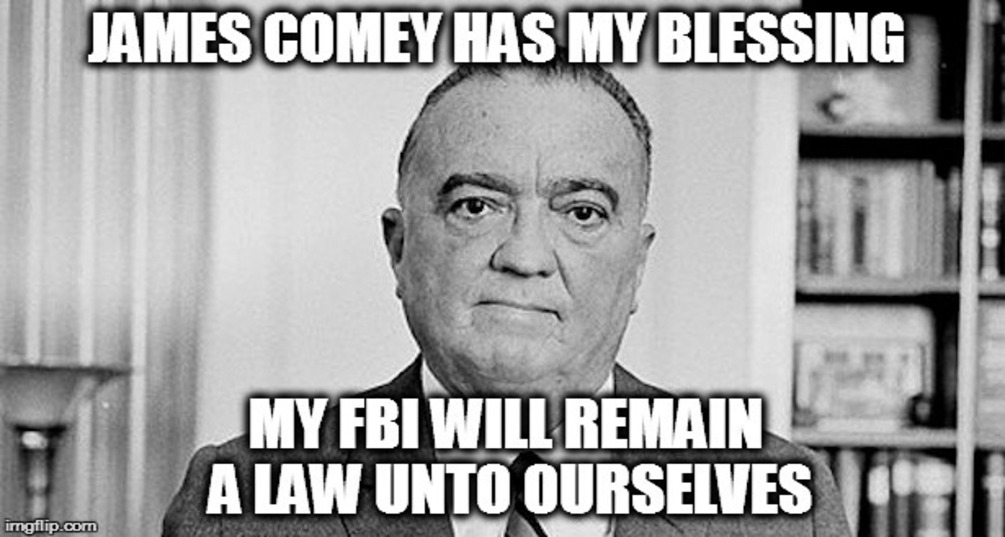

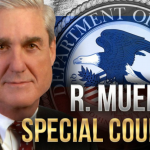
Leave a Reply